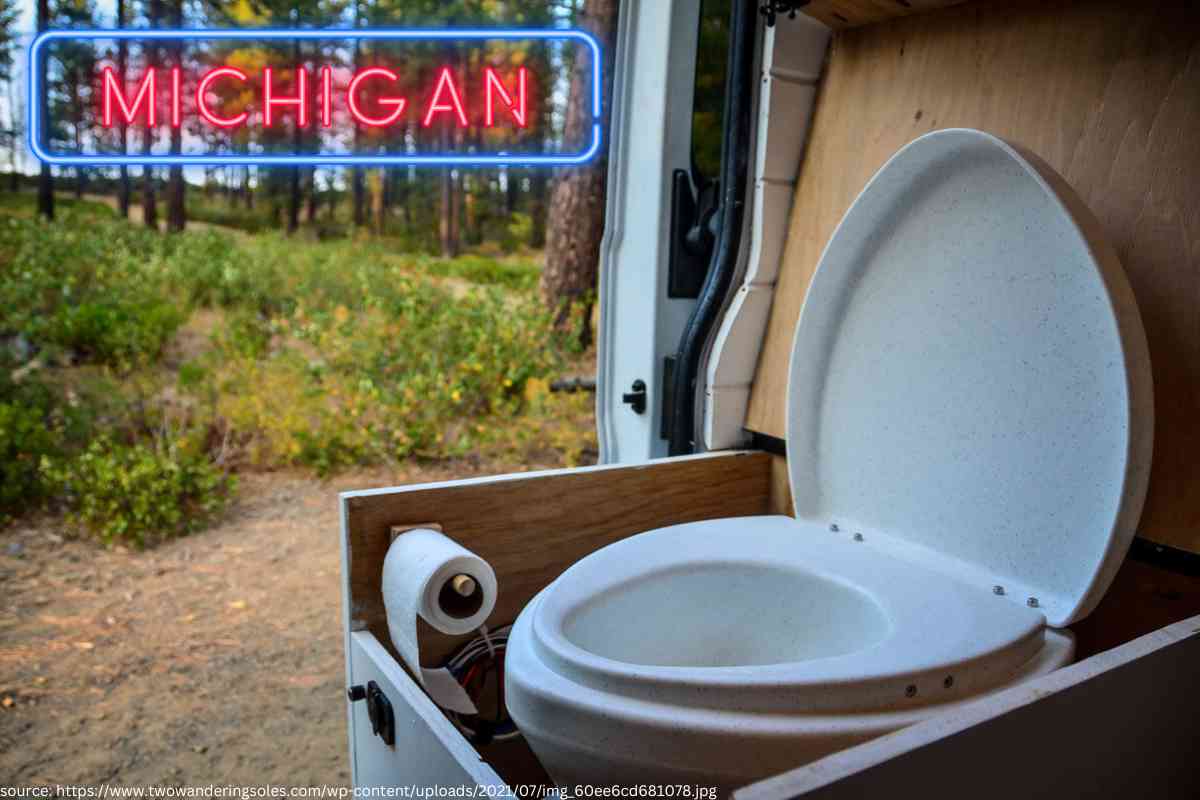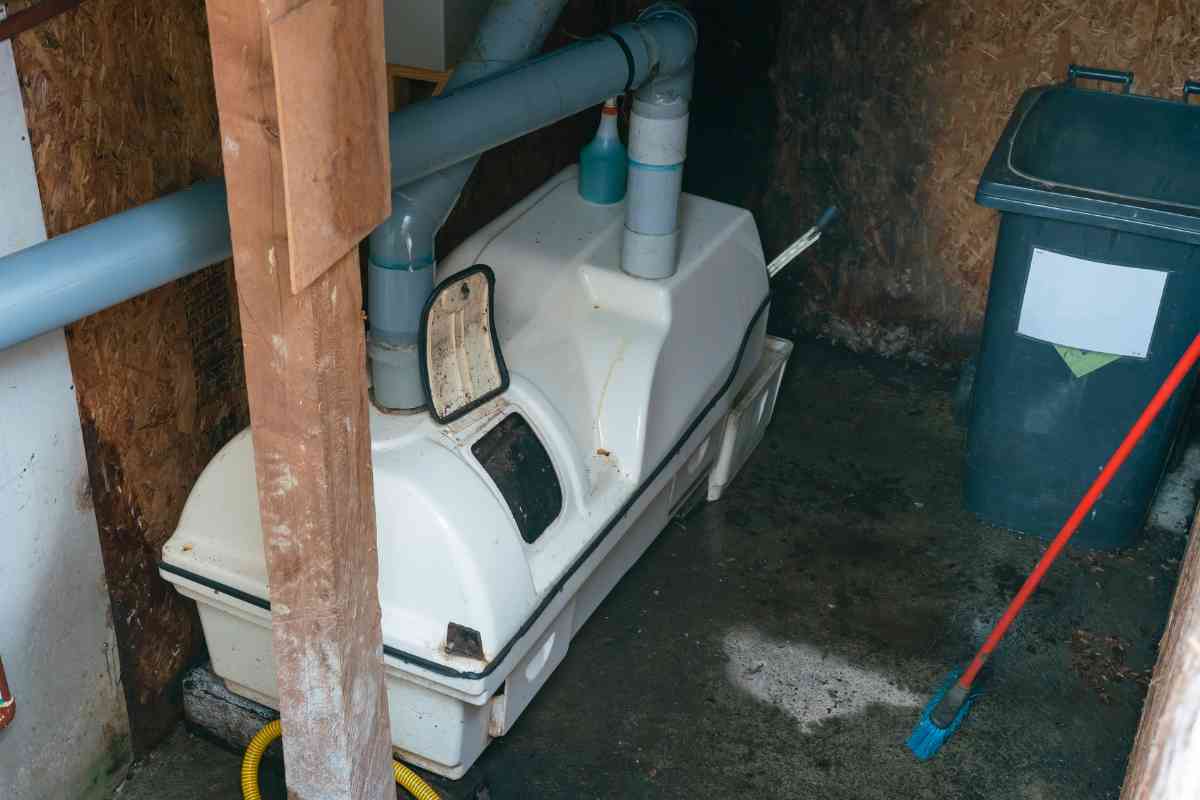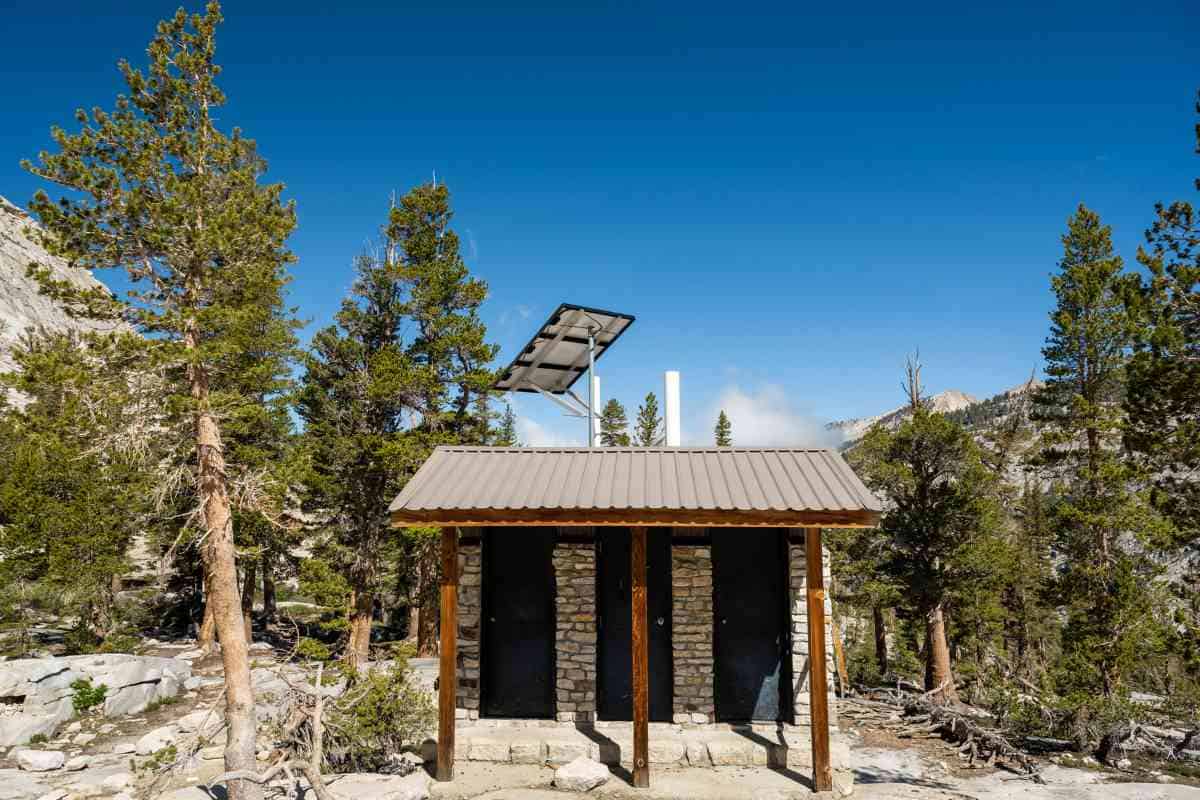Are Composting Toilets Legal In Michigan? Know Before You Go!
Composting toilets have been used in rural regions for decades, but their popularity has recently been boosted by the “green” movement.

Are composting toilets legal in Michigan?
Composting toilets are legal in Michigan. The state also mandates the installation of an appropriate system, usually a septic tank, to treat gray water. This wastewater results from plumbing fixtures like showers, sinks, and washing machines.
Suppose you wonder whether to install a compost toilet on your Michigan property.
We have researched and compiled this guide to give you insights into composting toilets and the Michigan laws published by the Michigan Department of Health informing acquisition. Read on to learn about the rules about composting toilets in Michigan.
Composting Toilets Michigan
You can use a composting toilet in Michigan to follow a few rules.
It is essential to check with your state’s health department before installing a composting toilet. This is done so that the composting toilet poses no health risks to others in the surrounding area.
It is not illegal to own a composting toilet in the state of Michigan. However, you can’t get one without the proper state or local licenses. As a corollary, the system should be checked once a year to ensure it’s still in good shape.
Michigan Composting Guidelines
When it comes to regulations on composting and gray water, Michigan has some of the longest-standing policies in the country. However, each county controls its own show due to the lack of a statewide sanitary code; instead, the state’s municipal health departments establish the conditions for onsite sewer systems.
Guidelines for Acceptable Innovative or Alternative Waste Treatment Systems and Acceptable Alternative Graywater Systems are published by the Michigan Department of Health.
Here are some of the rules and regulations you should observe when installing and using composting toilets.

- A building’s owner is exempt from hooking up to the public sewage system if the building is equipped with an approved innovative or alternative waste treatment system and an approved alternative gray water system.
- Decentralized waste systems that have been inspected and given the all-clear by the local health agency are considered alternative systems.
- Composting toilets and other organic waste treatment systems that rely on decomposing heterogeneous organic compounds by aerobic and facultatively anaerobic life forms and employ an efficient aerobic composting process that creates a stabilized humus are examples of acceptable alternative systems.
- Septic tank-drain field systems and all other systems that the department finds equally hazardous to human health, welfare, safety, and the purity of the state’s surface waters are not considered alternative systems.
- Instead of a gray water system, another system can be installed and used in a building. In compliance with the laws and regulations of the relevant government bodies in which the facility is located, the local health department will regulate the installation and operation of an alternative system, in combination with a wastewater system, in the building.
- Each alternative system under the purview of the local health department is subject to at least one annual inspection.
- The cost of this inspection and the design assessment and installation inspection may be passed on to the alternate system’s owner by the local health department.
- The department is responsible for keeping track of all alternative systems that have been approved and the progress made in maintaining and implementing them.
- The department will establish criteria in conjunction with the state plumbing board to aid local health agencies in distinguishing between gray water systems and alternate systems.
- When it comes to installing and using alternate systems or systems in conjunction with gray water systems, this Department must provide guidance to local health departments.
- Any individual who decides to install and utilize an alternative system in conjunction with a gray water system will still be required to pay any special assessments imposed by their municipality to help fund the expansion of the public sanitary sewage system.
- When a building is equipped with a gray water system, the owner of the building does not need to connect the facility to the public sewage system.
Benefits of Composting Toilets
Perhaps you have wondered why so many states have legalized the use of composting toilets. It is interesting to note that many people prefer this particular form of the toilet because it has so many benefits.
The following enumerated advantages may interest you if you are contemplating acquiring one of these facilities.
Water-Efficient
Over 6,600 gallons of water can be saved annually by using a composting toilet. This amounts to huge water savings over a year compared to what would be needed to flush a regular toilet.
Flushing a standard toilet five times a day uses roughly eight gallons of water per day and 2,920 gallons per year for the average family. New toilets only need about 1.6 gallons, so keep that in mind when calculating your water bill.
In addition to “are composting toilets legal in Michigan” if you are asking yourself if compost toilets smell, there are many effective ways to deal with compost toilet odor.

Energy and Cost Effective
Composting toilets saves both time and money during setup because they rarely need repairs after being put in place.
A commercial composting toilet costs roughly $1,400, but a do-it-yourself system can be manufactured for considerably less. You don’t have to buy any of the parts because you can make them yourself out of scraps.
Good For Off-Grid Systems
Installing a composting toilet that is not connected to the main sewage system can save a family money and time in the event of a malfunction with the primary sewage system. After all, there is no need to hook up to the main sewer line using this toilet.
For gardeners, the ability to convert waste into fertilizer is just one more reason to consider a septic system with composting capabilities.
Key Takeaways
- Composting toilets are legal in Michigan
- Composting toilets replace traditional flush toilets,
- They reduce the amount of water used.
- The fundamental idea behind composting has not changed.
- Composting toilets saves money, water, and energy.






